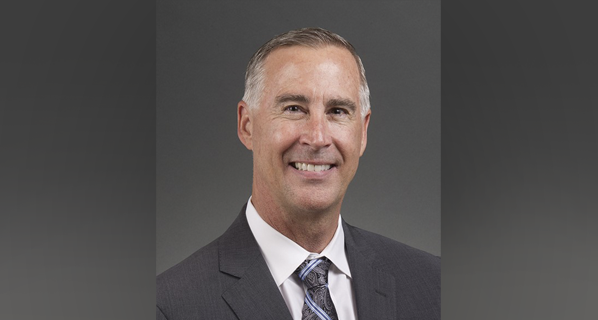Accepting the Challenges of Fluid Power
By Mohaned Shahin, CFPS, Account Manager, Parker Hannifin Corporation
 I believe that the early experience I had working with hydraulics, and failing, is a relatable experience and a driving force for investigating the world of Fluid Power. For me, it all began in the Cleveland State University Fluid Power and Machining lab. My student group and I had just logged another long day during winter break working on a hydraulic powered bicycle for the Chainless Challenge (sponsored by Parker Hannifin at the time). This was our senior capstone project, and my first shot at working with hydraulic equipment. We spent a large majority of our winter break trouble shooting and solving the challenge of how to power our two wheeled bike with the use of hydraulics, far from the traditional and more efficient bike chain. In the end, after a long, bumpy road of system design, troubleshooting and rigorous testing, our bike failed in final testing, so we did not make it to the competition. For me, the experience developed into an interest to learn and understand more about fluid power capabilities.
I believe that the early experience I had working with hydraulics, and failing, is a relatable experience and a driving force for investigating the world of Fluid Power. For me, it all began in the Cleveland State University Fluid Power and Machining lab. My student group and I had just logged another long day during winter break working on a hydraulic powered bicycle for the Chainless Challenge (sponsored by Parker Hannifin at the time). This was our senior capstone project, and my first shot at working with hydraulic equipment. We spent a large majority of our winter break trouble shooting and solving the challenge of how to power our two wheeled bike with the use of hydraulics, far from the traditional and more efficient bike chain. In the end, after a long, bumpy road of system design, troubleshooting and rigorous testing, our bike failed in final testing, so we did not make it to the competition. For me, the experience developed into an interest to learn and understand more about fluid power capabilities.
This exposure also prompted me to apply to work for Parker Hannifin, the company I now proudly go to bat for day in and day out. Parker also encouraged me to pursue several credentials in the Fluid Power Industry, Hydraulic Specialist and Pneumatic Specialist. Getting my certification early in my career was a logical next step in my technical sales training program with Parker.
Importance of Certification
When I was first certified, I didn’t fully understand the benefits of having my certification. Now that I have had time working in the field with hydraulics and speaking with customers regarding their fluid power systems, I feel confident that I am putting my certification to use. Not only am I able to provide my customers with premier customer service, but I am also showing them that manufacturers, like Parker, are heavily invested in helping their employees grow and develop as professionals in the world of fluid power. Now sitting on the Board of Directors of the International Fluid Power Society, I have been given a unique inside perspective of why certifications are so important.
Looking Towards the Future
For a sales professional, looking towards the future and forecasting with our customers is an important piece of our jobs. It’s important for us to understand the market and have a strong idea of what their business’ will look like in the next 1-5 years because it will have a large effect on ours. In regards to fluid power, I think the future holds some very interesting things. First, you have the rapid advancement of Internet of Things (IOT). With that comes connected smart products and systems that can not only self-diagnose, but maybe even possibly self-heal. Secondly, I also believe with the advancement of different technologies, we may see a shift to more electromechanical and electrohydraulic systems even more than what we see today.
I would encourage students that might have an interest in fluid power to check out the Fluid Power Challenges offered by National Fluid Power Association. And once you complete your degree, consider taking the Hydraulic Specialist and Pneumatic Specialist Certifications as a valuable asset to help your company and your future customers.







